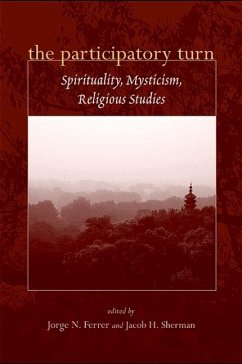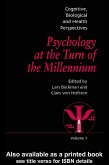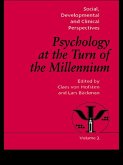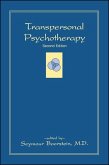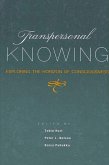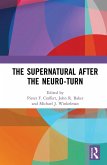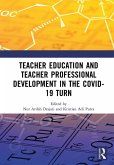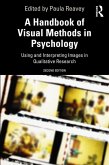Can we take seriously religious experience, spirituality, and mysticism, without reducing them to either cultural-linguistic by-products or simply asserting their validity as a dogmatic fact? The contributors to this volume argue that we can, and they offer a new way: the "participatory turn," which proposes that individuals and communities have an integral and irreducible role in bringing forth ontologically rich religious worlds. They explore the ways this approach weaves together and gives voice to a number of robust trends in contemporary religious scholarship, including the renewed study of lived spirituality, the postmodern emphasis on embodied and gendered subjectivity, the admission of alternate epistemic perspectives, the irreducibility of religious pluralism, and the pragmatist emphasis on transformation-all trends that raise serious challenges to the currently prevalent linguistic paradigm.
The first part of the book situates the participatory turn in the context of contemporary Religious Studies; the second part shows how this approach can be applied to various global traditions, ancient and contemporary, from Western esotericism to Jewish mysticism, Christianity, Hinduism, Sufism, and socially engaged Buddhism.
The first part of the book situates the participatory turn in the context of contemporary Religious Studies; the second part shows how this approach can be applied to various global traditions, ancient and contemporary, from Western esotericism to Jewish mysticism, Christianity, Hinduism, Sufism, and socially engaged Buddhism.
Dieser Download kann aus rechtlichen Gründen nur mit Rechnungsadresse in A, D ausgeliefert werden.

